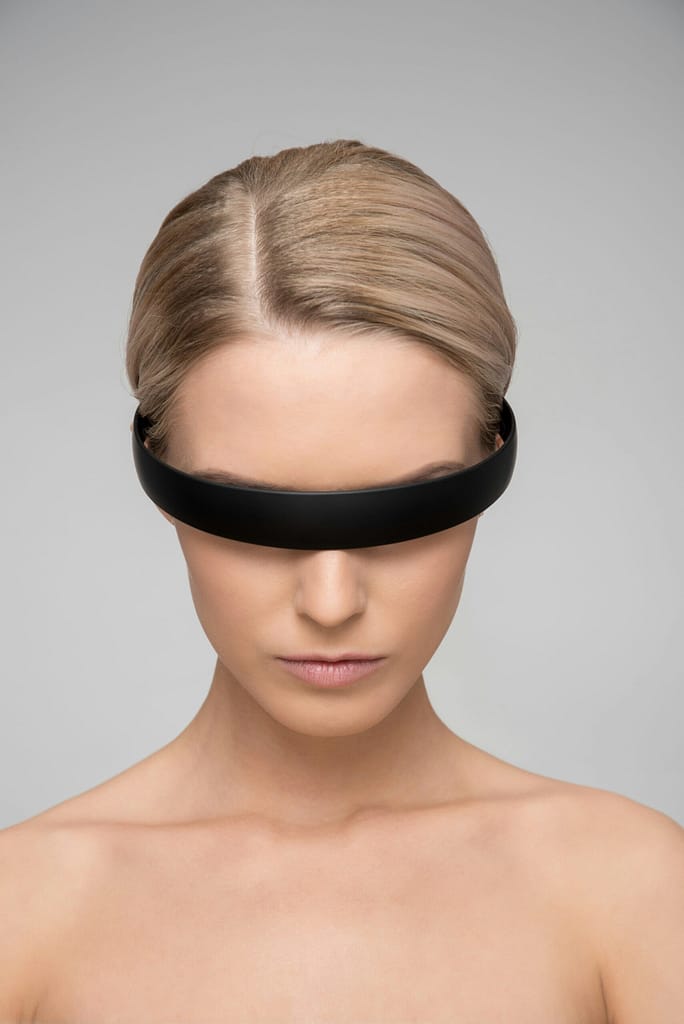Understanding Your Needs
The AI market is booming, and it’s projected to reach over $190 billion by 2025. As AI becomes more integrated into everyday devices, buying an AI laptop offers exciting possibilities for productivity and creativity. However, not all AI laptops are created equal. Taking time to evaluate your needs and the laptop’s features can prevent potential buyer’s remorse. Before investing in an AI-powered laptop, it’s crucial to assess your specific requirements. Are you a creative professional needing advanced processing power, or a casual user looking for everyday efficiency? Identifying your use case will help you select features that cater to your lifestyle and activities.
Performance and Specifications
When exploring AI-enabled laptops, pay close attention to their performance metrics. Powerful CPUs and dedicated GPUs are essential for AI-heavy tasks. Look for models equipped with the latest processors and sufficient RAM, as these components directly impact the laptop’s capability to execute AI algorithms effectively. A good graphics card is also essential, especially for tasks like gaming or video editing, which can utilize AI technology to enhance performance. If you’re involved in activities like video editing or machine learning, these components are the backbone of performance. For instance, NVIDIA’s GPUs are known for their efficiency in deep learning tasks. Always check benchmark scores, such as Geekbench, to compare performance. Look for reviews on sites like Notebook check or Tom’s Hardware that focus on AI performance. These resources can give insight into real-world capabilities.
AI-Specific Features & Software
Laptops with dedicated AI accelerators, like Neural Processing Units (NPUs) or Tensor Processing Units (TPUs), provide significant performance boosts. For example, Apple’s M1 chip features an 8-core NPU, enhancing machine learning tasks and improving app performance.
Pre-installed AI Software
Some laptops come pre-loaded with AI software, which can be beneficial. However, check for compatibility issues that might crop up with specific tools or frameworks you want to use.
Software Compatibility
Ensure the laptop supports the AI software or frameworks you’re planning to use. Compatibility can make or break your workflow, so verify beforehand. Some laptops come pre-loaded with AI software, which can be beneficial. However, check for compatibility issues that might crop up with specific tools or frameworks you want to use.
Software Compatibility
Ensure the laptop supports the AI software or frameworks you’re planning to use. Compatibility can make or break your workflow, so verify beforehand.
Battery Life and Portability
An AI-powered laptop often comes with enhanced features that may consume more power, so battery life should be a priority. Seek laptops known for their longevity on a single charge, especially if you plan to work on the go. Additionally, consider the device’s weight and design—lightweight models that are easy to carry around can enhance your overall productivity. Extended Battery Life for AI Tasks AI tasks can drain battery life quickly. Look for laptops boasting at least 8-10 hours of average battery life, especially if you need to work on the go.
Efficient Cooling System
Laptops with robust thermal management, like those from ASUS ROG or Razer, help prevent overheating. Experts emphasize that overheating can significantly impact performance and lifespan. Battery health and longevity for optimal performance, practice good battery health habits, such as avoiding extreme heat and keeping your battery charged between 20% and 80%.
In conclusion, choosing an AI-powered laptop requires careful consideration of your individual needs, specifications, and portability requirements. By evaluating these factors, you can make an informed decision that aligns with your expectations and enhances your computing experience.



